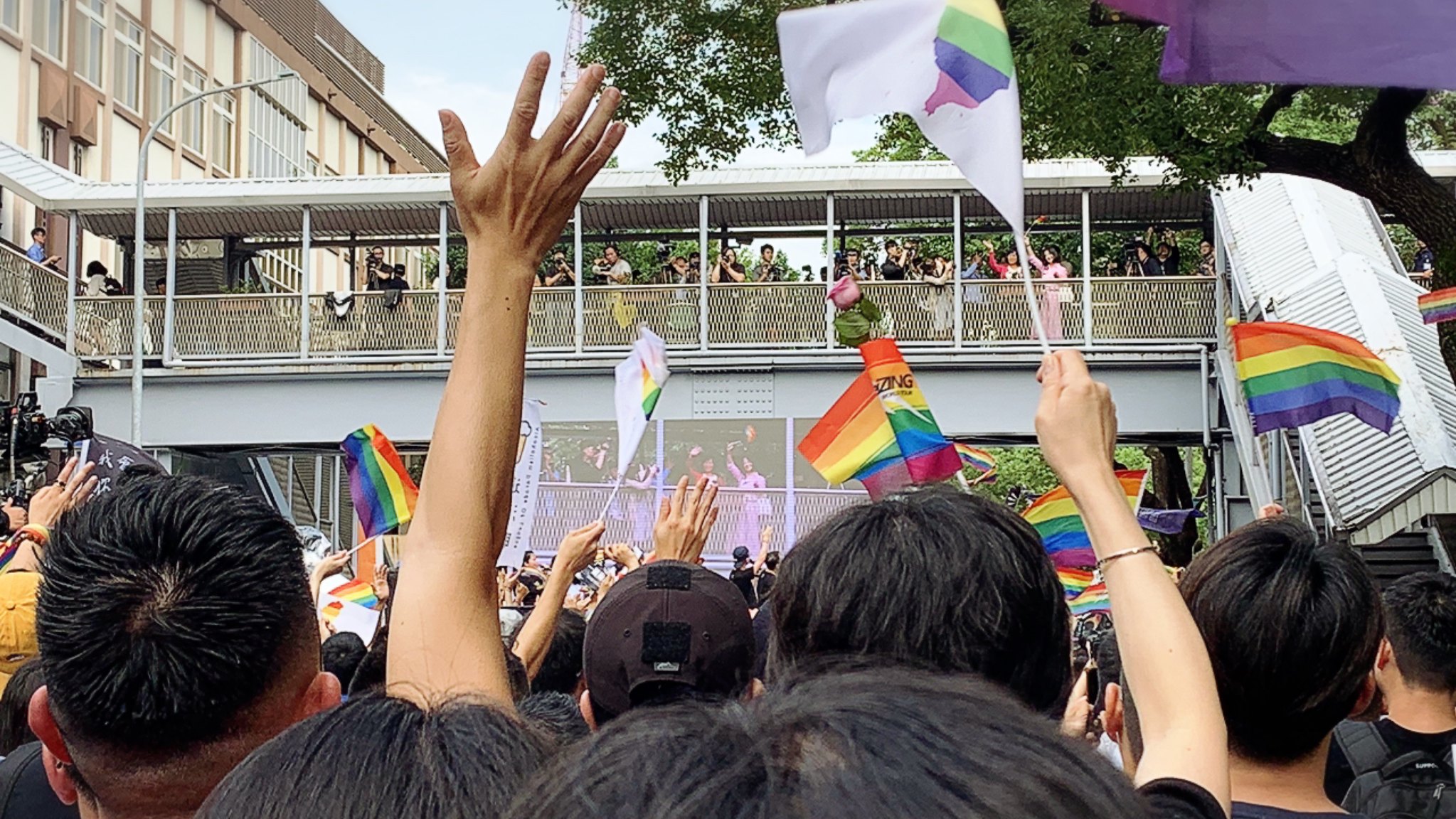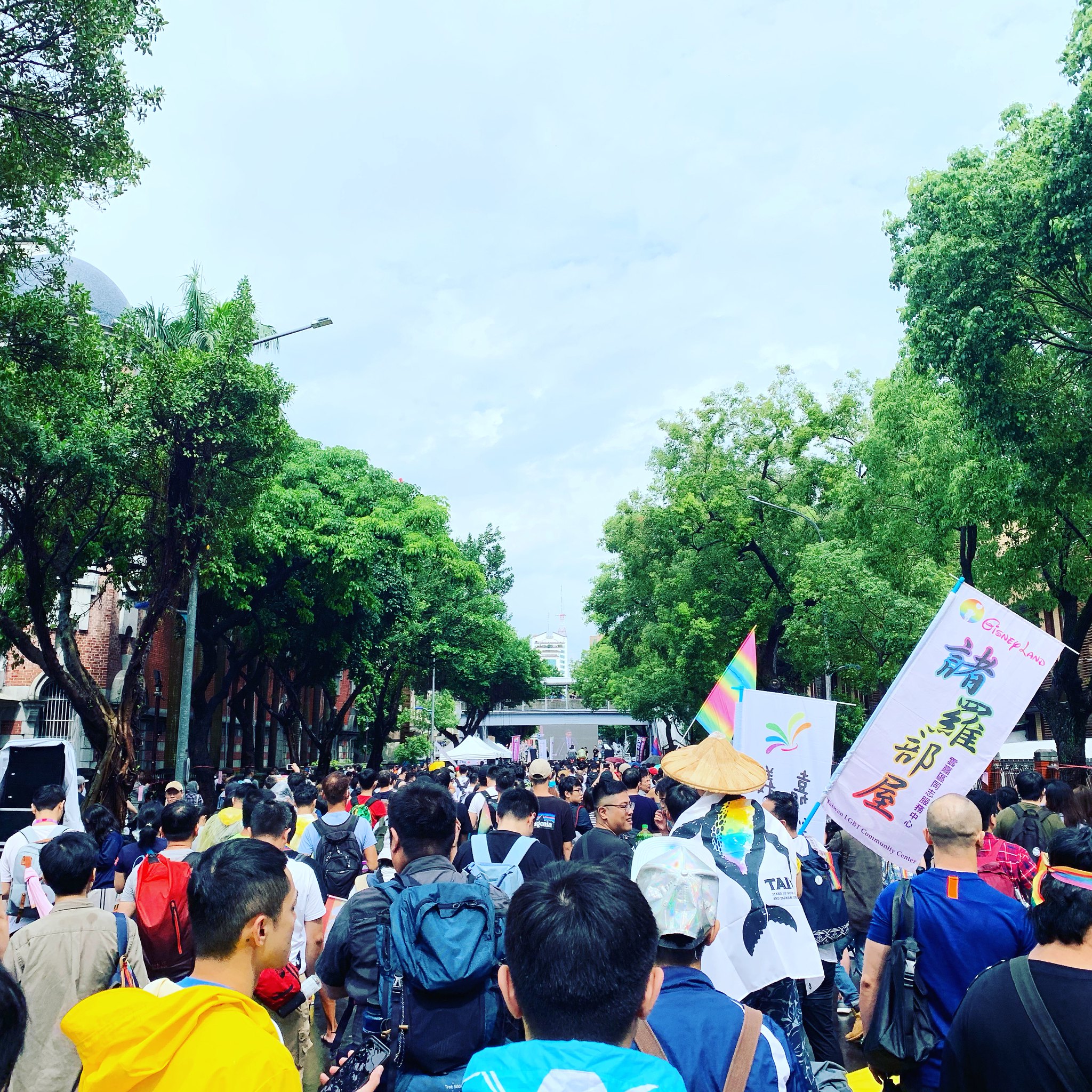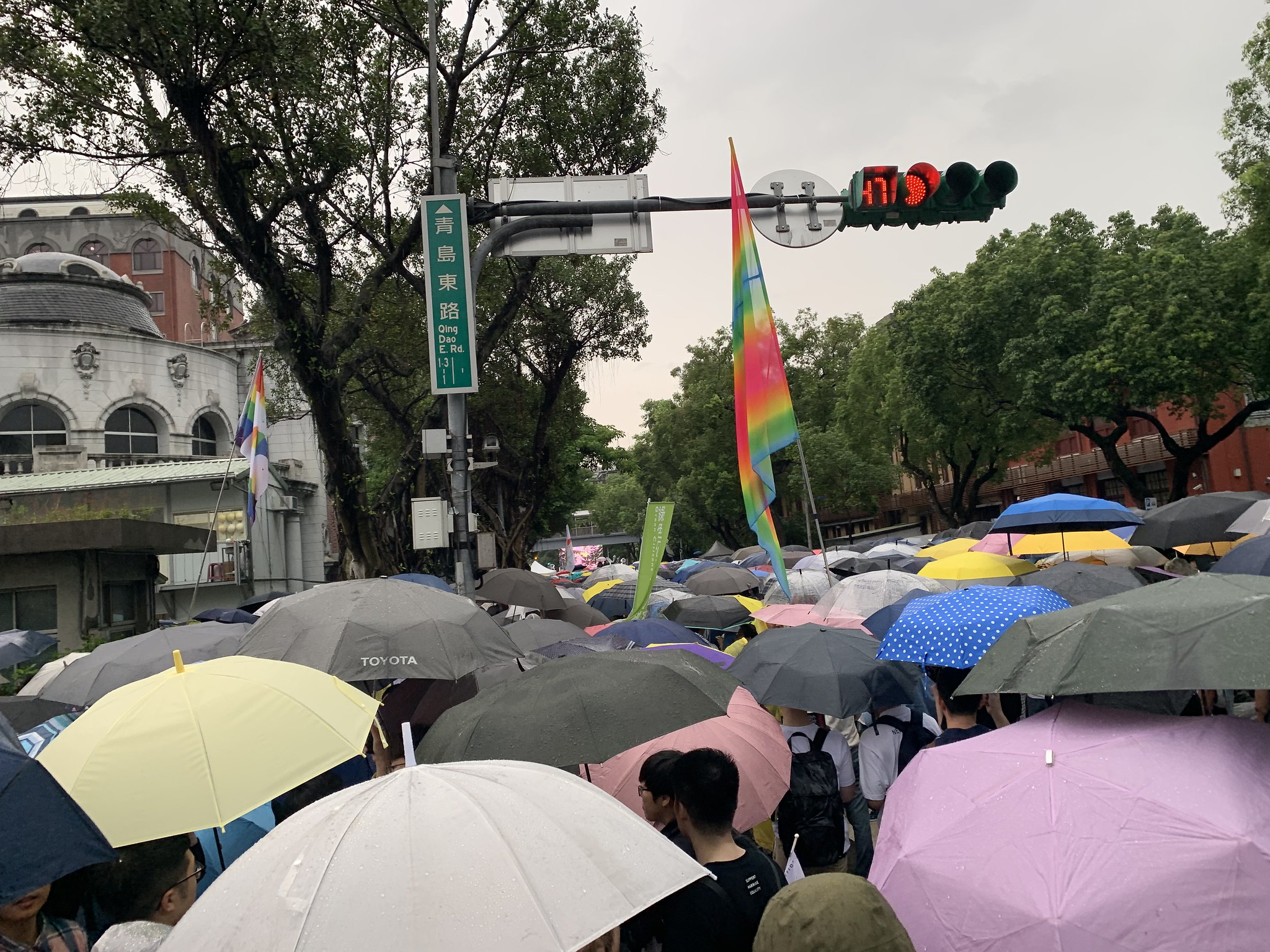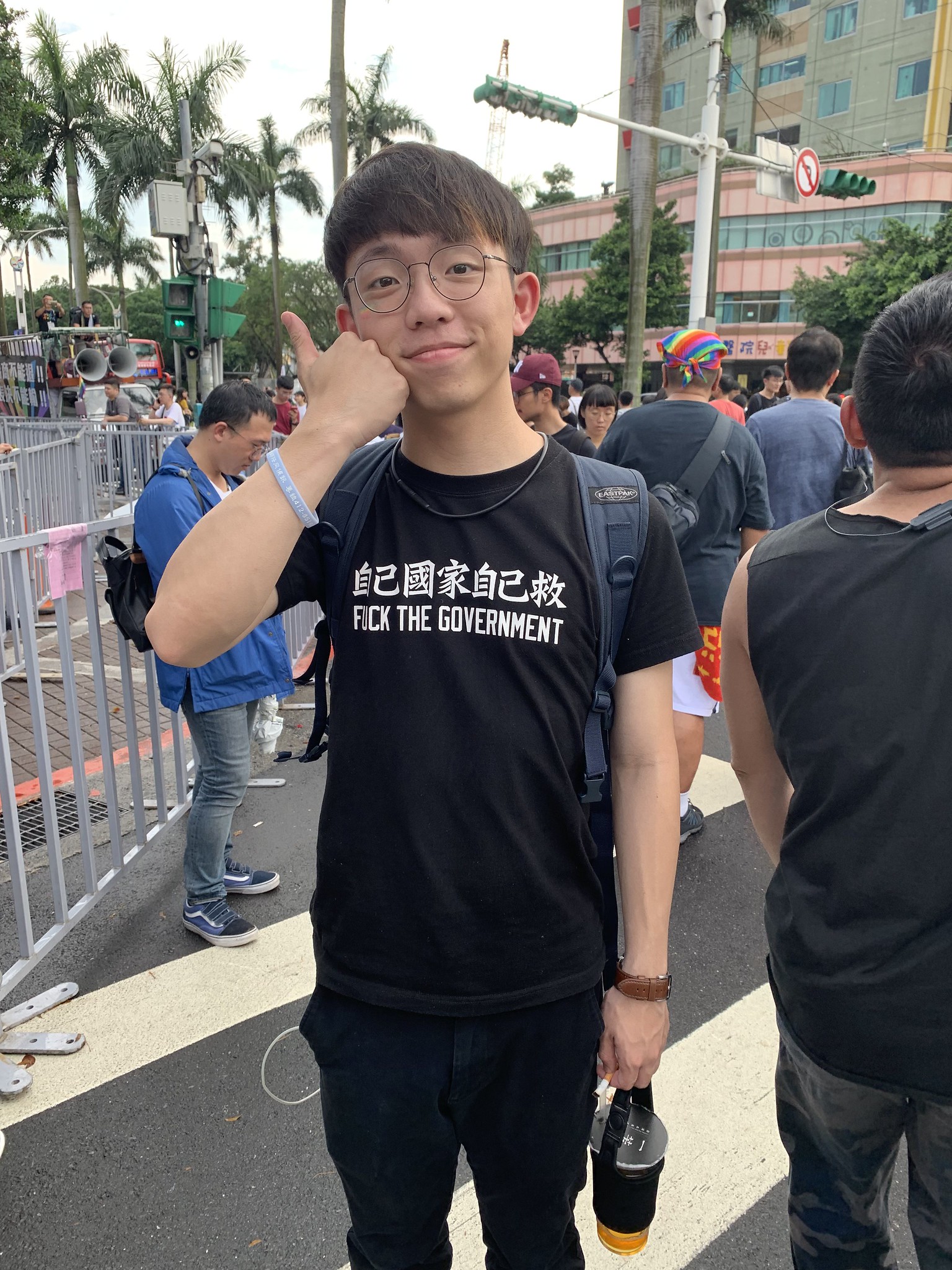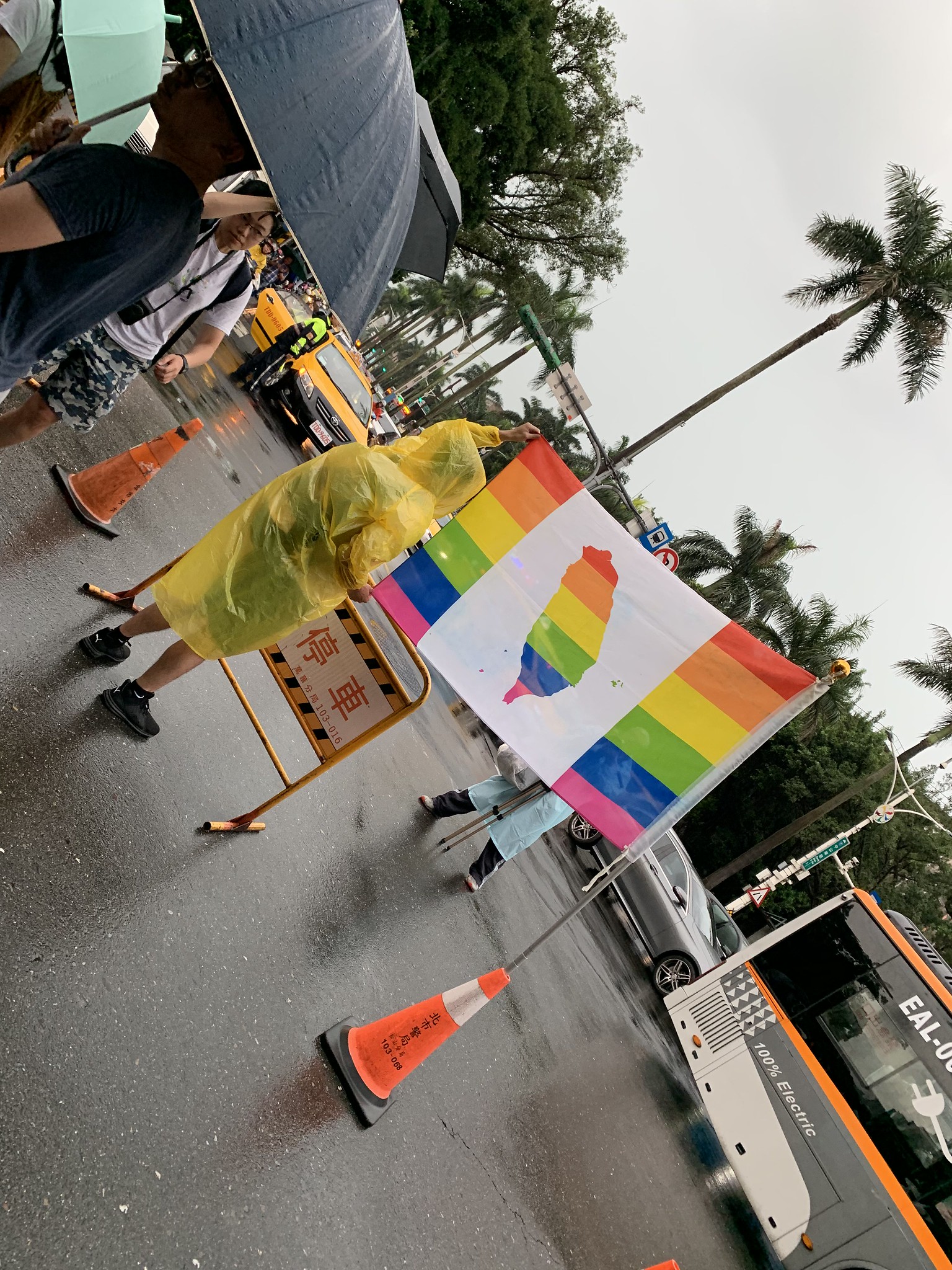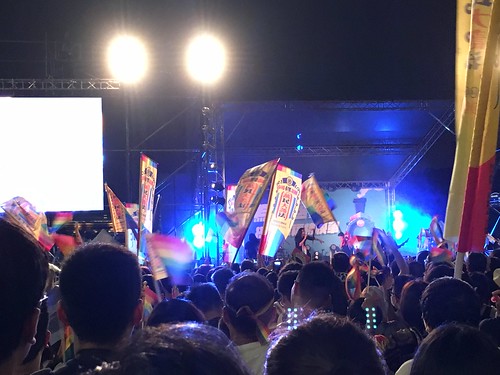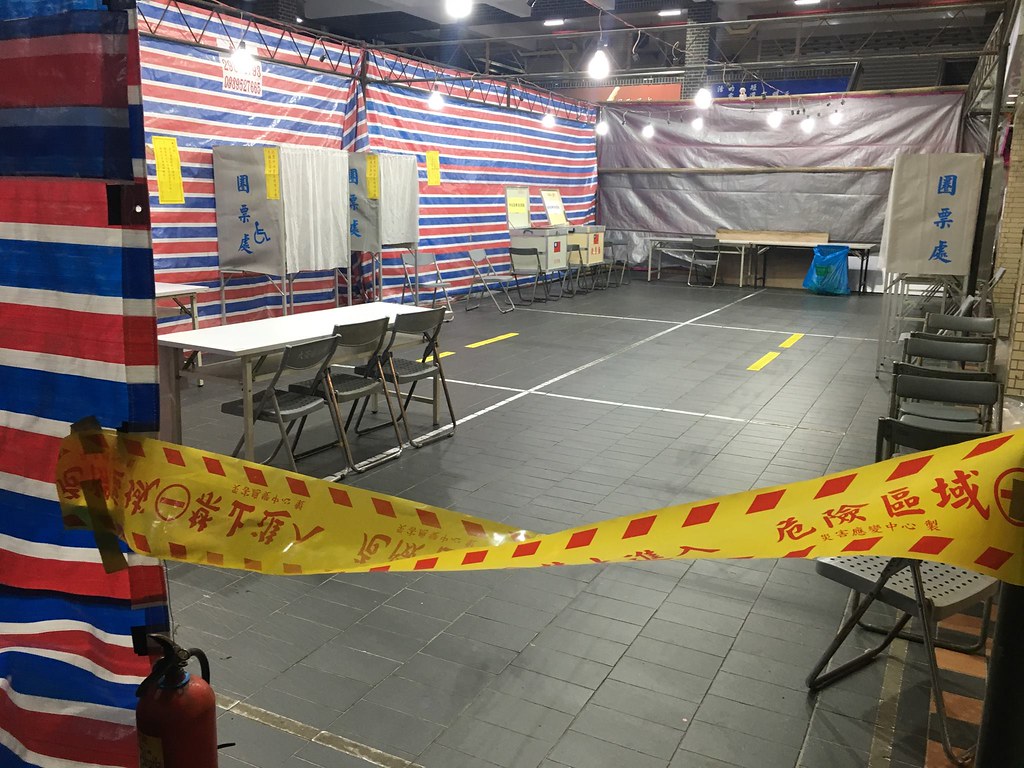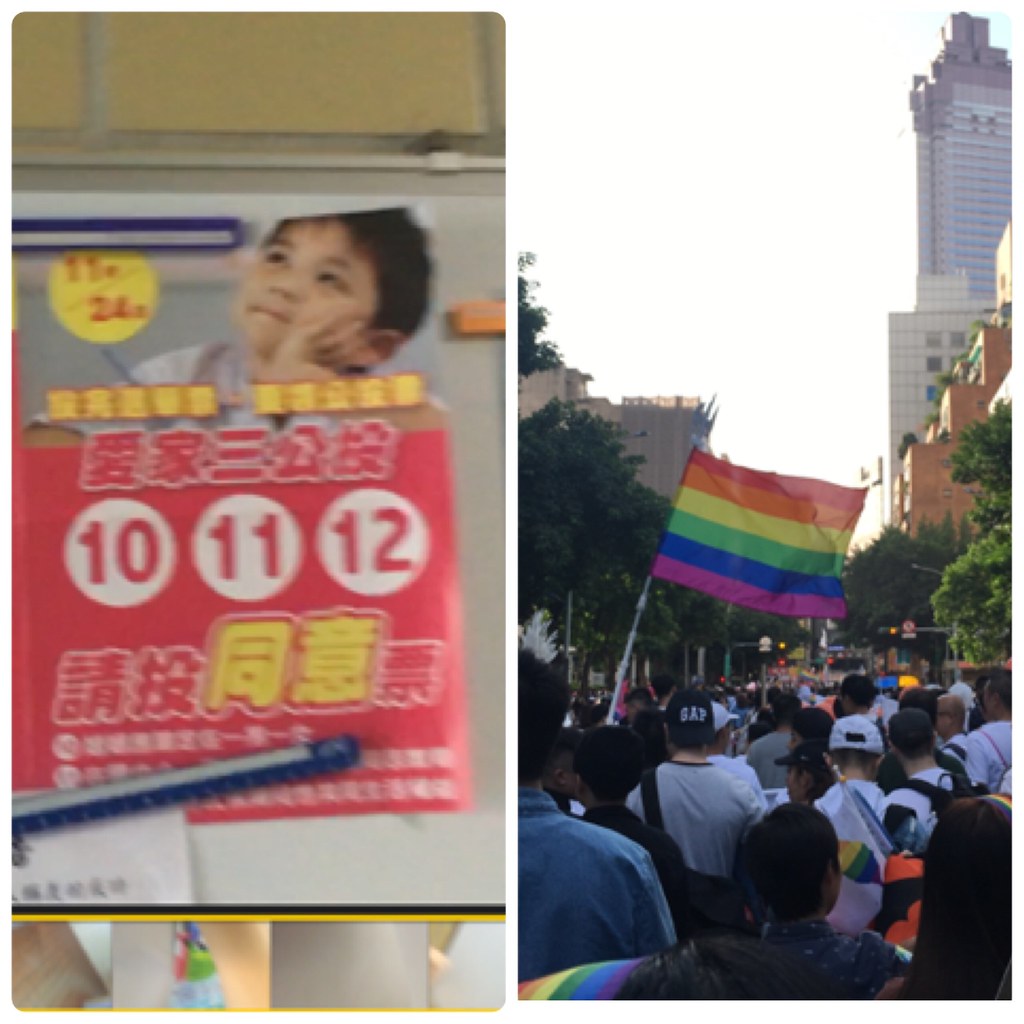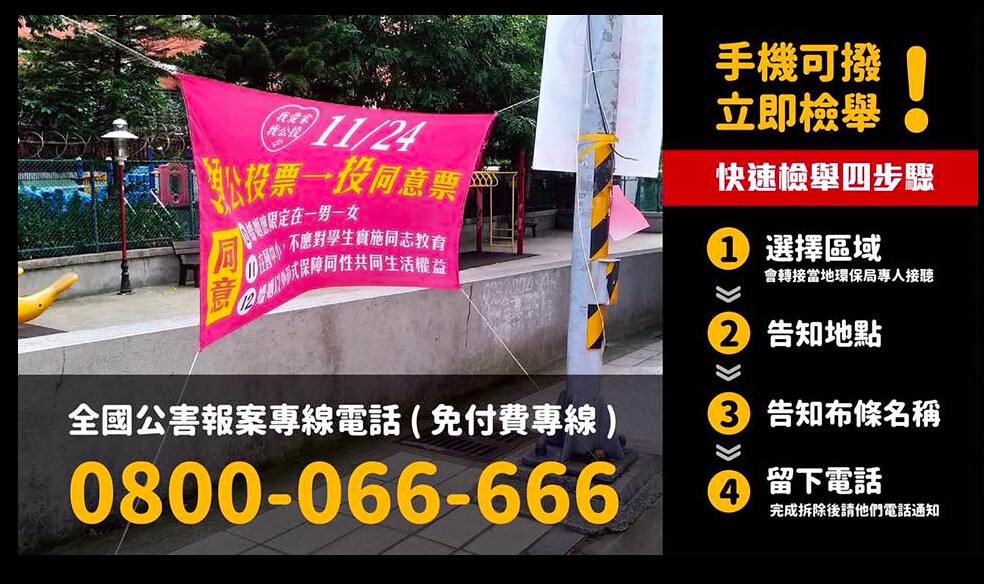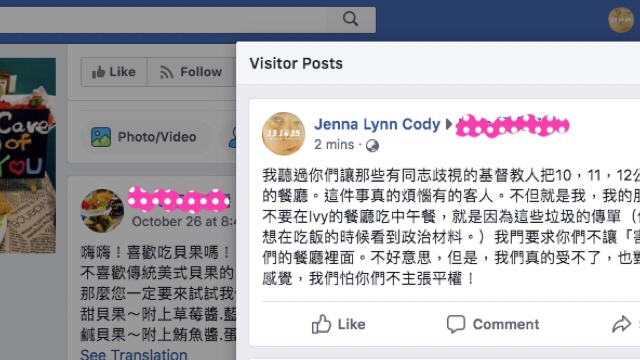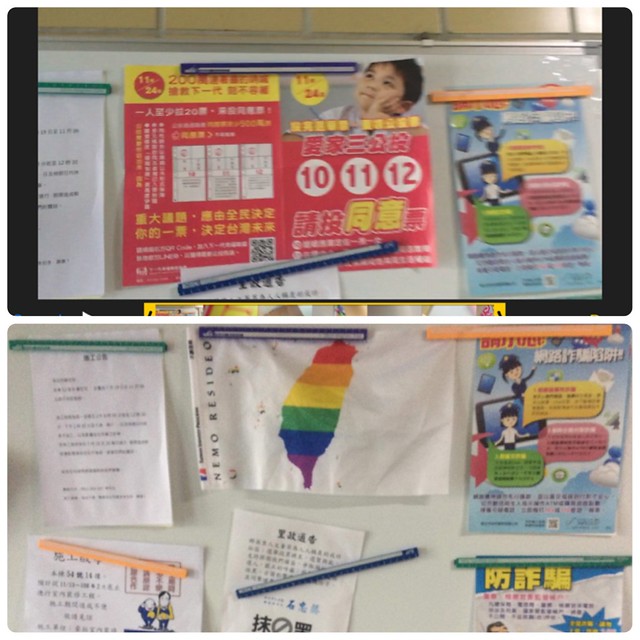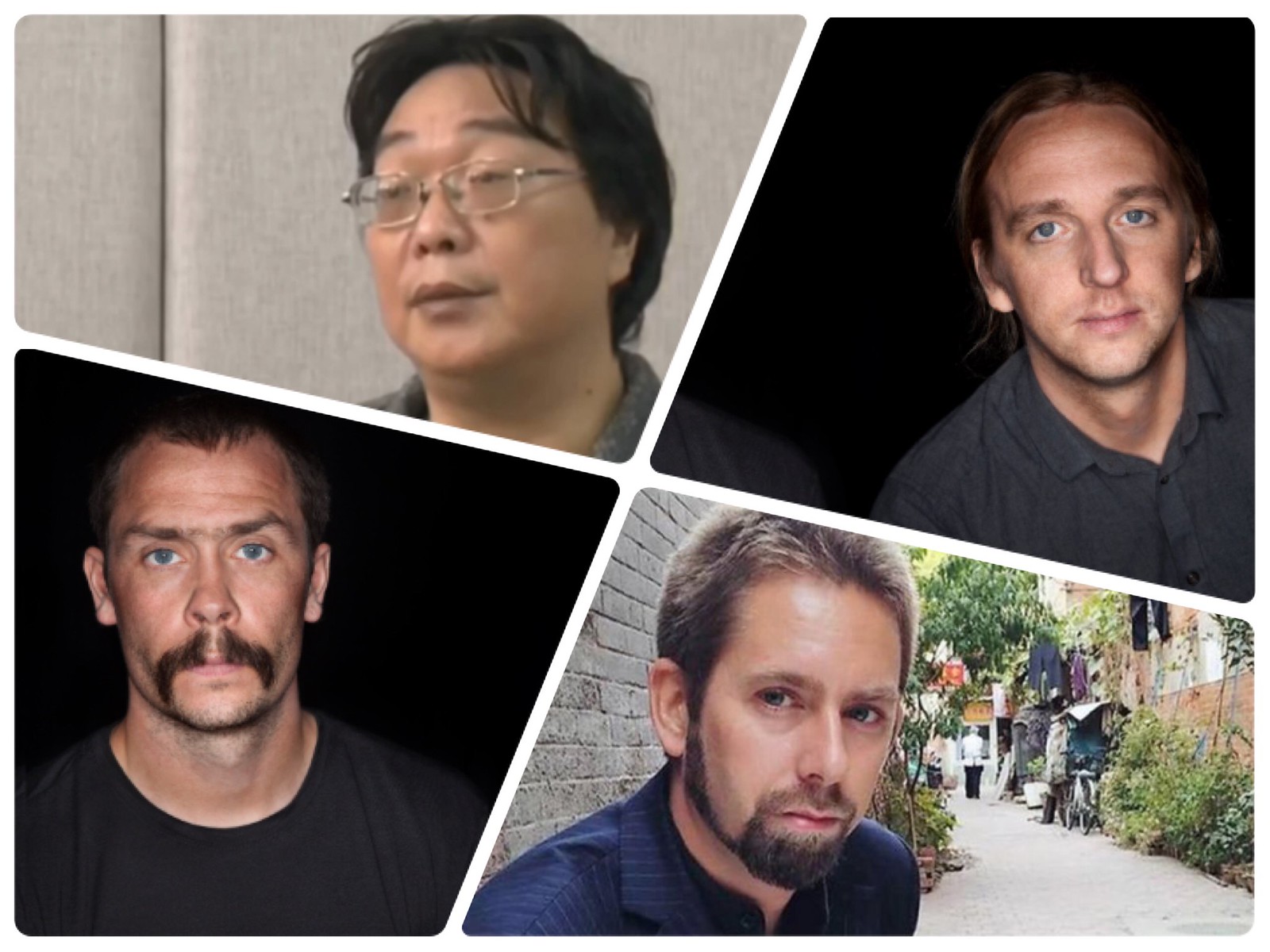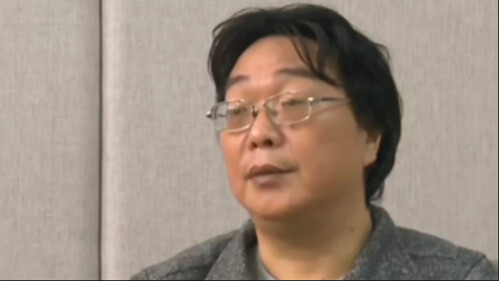
I wrote a longer reflection yesterday in which I wandered through many thoughts and emotions on yesterday's historic legislation. For this post, I want to highlight one thing that I think is important when you support an issue or social movement, but aren't a part of the group that that movement affects most deeply. That is, I want to talk about what it meant to be an ally standing in the crowd yesterday (yes, there is a little repetition between the two posts). Let's start here:
The level of civic engagement continues to impress me so much, and proves that Taiwan cannot be grouped so easily as a stereotypical 'Confucian', 'collectivist' society with wholly conservative values. It may be true that many young Taiwanese won't engage with their more conservative elders on these issues, but it's not true that they won't find other ways to oppose the old order of unfairness and inequality and a million -isms and phobia that those elders represent.
One of the arguments of the anti-gay camp is that ideas like marriage equality are 'Western' or 'foreign' and go against Taiwan's 'traditional culture' (they say 'Chinese' but I won't.) You know, all that Confucianism and collectivism and filial piety and what not. It's not that those aren't real facets of the culture, it's just that the whole culture cannot be reduced to them, nor can the actions or beliefs of any individual be explained wholly through them. People are not slaves to whatever aspect of their culture someone has decided explains their motives, and culture isn't static anyhow. 20 years ago you could have said the same thing about American culture.
Of course equal rights have been a part of Taiwanese culture for some time now, and there is no incompatibility with Taiwanese culture (any incompatibility which seems to exist has been invented for political purposes).
So it really mattered that the people in the front rows and on stage, the crowds on camera were overwhelmingly Taiwanese. If 'marriage equality' is not compatible with 'Taiwanese culture', what were all those people who are Taiwanese and exist within a Taiwanese cultural milieu doing there?
Or as President of Taiwan and my current crush Tsai Ing-wen put it:
Good morning #Taiwan. Today, we have a chance to make history & show the world that progressive values can take root in an East Asian society.Today, we can show the world that #LoveWins. pic.twitter.com/PCPZCTi87M— 蔡英文 Tsai Ing-wen (@iingwen) May 17, 2019
It's important to keep repeating this, because that same opposition keeps accusing the pro-equality movement of doing the same, when it emphatically has not. The side that stands for equality has allies who stand with them. The side that stands against equality has foreign actors trying to help manipulate a certain outcome in Taiwan. And they are the ones who invented that 'goes against traditional Taiwanese culture' nonsense.
Marriage has meant many things in Taiwan over the centuries, including plural marriage, family-alliance marriage (that is, not love marriage) and marriage to ghosts. In China, there is a clear cultural tradition of homosexuality (at least among the upper classes).
It's actually a reductive neo-essentialist perspective - which is inherently Western - which turns so-called 'traditional values' into culturally static and immutable obstacles, a view one tends to take of cultural facets viewed from afar without full understanding. That almost every young person in Taiwan is pro-equality and yet still just as Taiwanese as their grandparents, however, shows that this outsider essentialist view of Taiwan is wrong.
As an American who was in Taiwan for most of the culmination of the marriage equality movement in the US and so unable to participate (again as an ally - I'm straight and cis), it felt important to be a part of the support to make it happen in Taiwan, because it's my home. I have a place here too. What happens in Taiwan affects me.
And that place was being part of the crowd. Not onstage like a reverse Katy Faust, not a key part of the movement or even vital to it, but a participant who adds her physical presence to the movement. Foreigners were there lending their support too, but it's Taiwanese who led this, Taiwanese who made up the majority of that crowd, and Taiwanese who won. We just stood by them, and that was a meaningful place to be.
As an ally, I've reconsidered my own feelings on the Executive Yuan bill which passed yesterday - after being initially upset and disappointed, it became clear that Taiwanese LGBT groups and the local LGBT community were supporting it, and to be a good ally, I should follow their lead.
Let's stop telling Taiwan what its culture is, while we're at it. Let's quit it with the "but Taiwan is like this" or "Taiwan can't do that, because culture and reasons" or "but Taiwan is so Confucian and collectivist". Pish. Instead, let's be allies and let them tell us.
It's a humbling, meaningful and impactful place to be. I recommend trying it.

